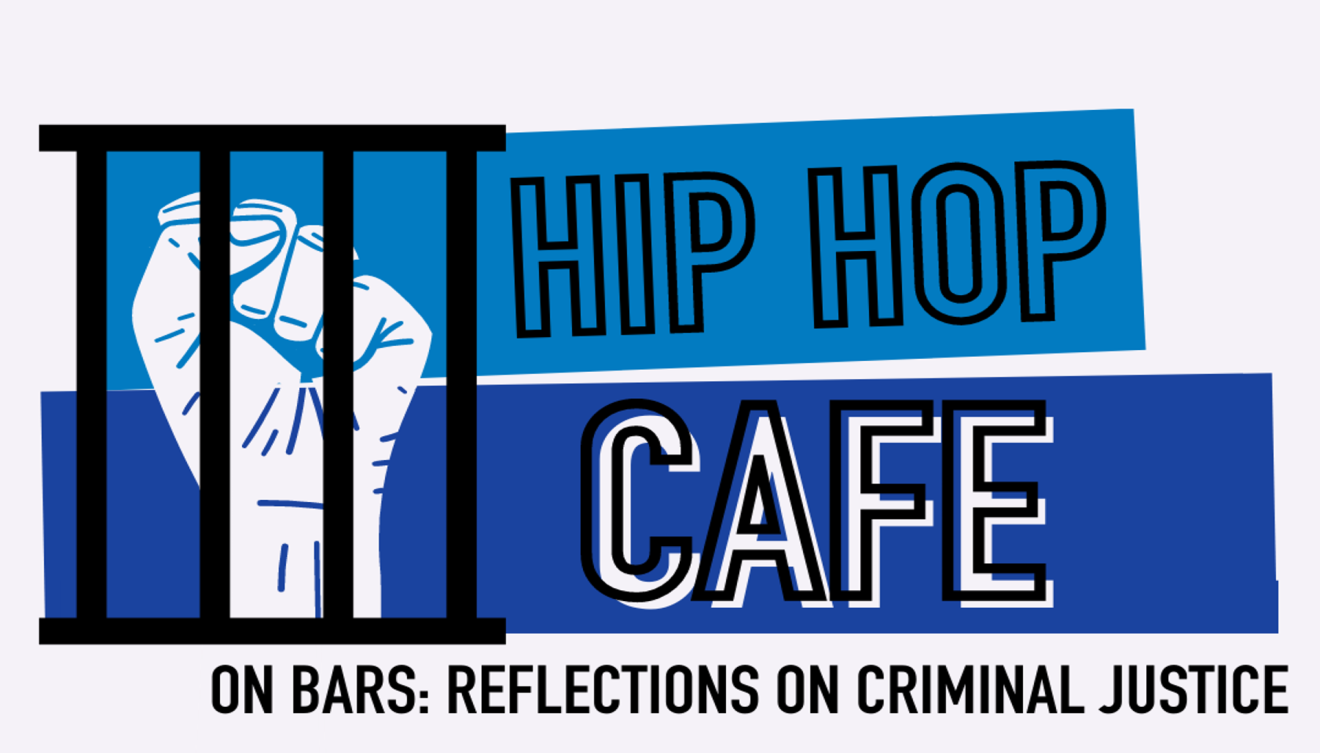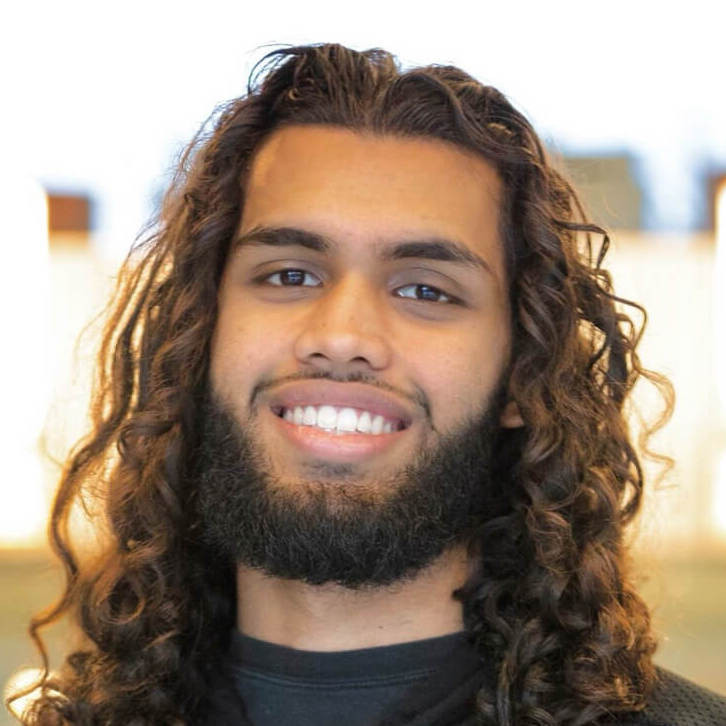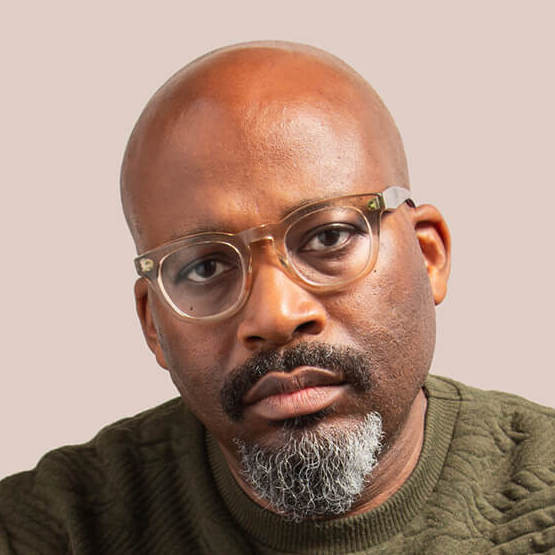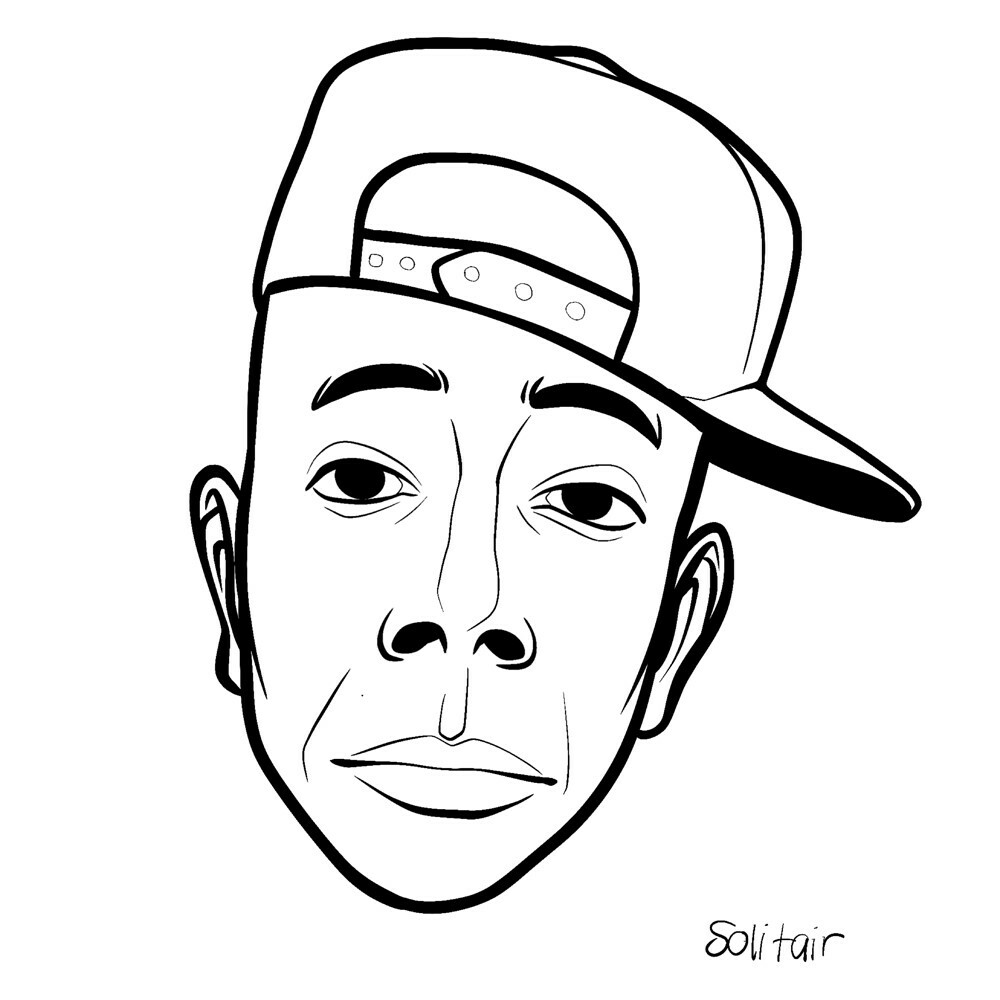
Join us in a discussion cross-examining the intersections between Hip Hop, criminal justice, and the politics propelling them together.
Since its inception, Hip-Hop has been used to speak truth to power. For Black and other racialized individuals in North America, the struggle against unjust policing practices and harshly punitive legal systems has been amplified through the voice of Hip-Hop.
Using music and art as a tool for political critique isn't unique to Hip Hop culture alone, but through its lens we can't ignore a serious reoccurring theme that overwhelming affects those in its community—mass incarceration within a corrupt criminal justice system.
Investigating this phenomenon isn’t a straightforward process. It's not just about how artists and rappers are critiquing the system, it's also about how the system loops back on Hip-Hop in the form of ignorant practices of censorship around creative license and sample techniques.
Guest Speakers
-
 Student Moderator
Student ModeratorRandy Ali
Student
Randy is in his final year at University of Toronto Mississauga (UTM), currently majoring in Criminology with a double minor is Sociology and French Studies. He serves as the Student and Community Programs Assistant for Hip Hop Education Programming at Hart House.
WebsiteRandy’s Hip Hop Café Theme Track: Trauma by Meek Mill
-
 Speaker
SpeakerRodney Carmichael
Hip-Hop Staff Writer, NPR Music
Rodney Carmichael is NPR Music's hip-hop staff writer. An Atlanta-bred cultural critic, he helped document the city's rise as rap's reigning capital for a decade while serving on staff as music editor, culture writer and senior writer for the defunct alt-weekly Creative Loafing.
During his tenure there, he won several Association of Alternative Newsweeklies awards for column writing, longform storytelling, special projects, investigative and feature reporting on gender and economic inequality issues ranging from strip club class-action lawsuits to harm reduction needle exchange programs. "Straight Outta Stankonia" — a cover-to-cover look at Atlanta's gentrifying cultural landscape through the lens of OutKast, which he conceived and co-wrote — was honored as one of the Atlanta Press Club's Top 10 Favorite Stories of the Past 50 Years in 2014.
A Georgia State University alum (journalism/playwriting) and former Poynter Fellow for Young Journalists, Carmichael started his career in Waco, Texas, where he received a Cox Rookie of the Year nomination for his enterprise reporting and feature writing on religion, health and social services at the Waco Tribune-Herald. Even then, race and culture lay at the heart of his coverage.
Back in Atlanta, a three-year stint at the urban lifestyle weekly rolling out deepened his commitment to cultural reporting. After covering red carpets (BET Awards, MTV VMAs), profiling Black business leaders and penning cover stories on artists ranging from Ciara to Andre 3000, his passion for storytelling led him to the alt-weekly world. During his first five years at Creative Loafing (Atlanta), he led local music coverage as music editor of the alternative weekly with the third-highest readership in the nation. During the next half-decade, Carmichael dug deeper by covering his hometown from the underground up. As it underwent cultural upheaval and shifting socioeconomics, he used Atlanta's creative economy — expanding from music, film, TV and tech — as a lens to explore the city's oft-competing identities: New South gateway, human rights hub, Black Hollywood, strip club capital and hip-hop hotbed.
Now, covering hip-hop from a national perspective at NPR, he continues to work at the intersection of race and culture. The stories he tells combine reporting and criticism to focus on black cultural production and all its sociopolitical implications. As creator and co-host of the podcast Louder Than A Riot, he and co-host Sidney Madden trace the collision and interconnected rise of hip-hop and mass incarceration in America.
-
 Speaker
SpeakerSidney Madden
Reporter, NPR Music
Sidney Madden is a reporter and editor for NPR Music. As someone who always gravitated towards the artforms of music, prose and dance to communicate, Madden entered the world of music journalism as a means to authentically marry her passions and platform marginalized voices who do the same.
Originally from Boston, Madden graduated from Hofstra University in New York with a bachelor's degree in journalism and sociology. As a freelancer, she earned bylines at MTV, People's Choice, Nylon Magazine and more before joining the editorial team at storied hip-hop pillar XXL Magazine.
During her time at XXL, both as an editorial assistant and assistant editor, Madden pitched, wrote and edited news posts and features for the outlet and interviewed artists ranging from all eras and facets of rap — from Ice Cube, Snoop Dogg and 50 Cent to Kendrick Lamar, Cardi B and Lil Uzi Vert. In addition to working on cultural touchstones like the magazine's annual Freshman Class covers, in 2016, Madden assisted in reporting out one of the magazine's seminal investigative packages, The Current Status of Every Murdered Rapper's Case, which revealed the high percentage of unsolved murders involving rappers over the last 30 years.
Madden joined the NPR Music team in 2017, serving as editorial lead for digitizing and editing music stories that air on NPR's premiere news magazine programs, Morning Edition, All Things Considered and Weekend Edition. In 2018, she began producing Tiny Desk Concerts with a special focus on bringing burgeoning, left-of-center artists from the worlds of R&B and hip-hop to the desk. To date, her Tiny Desk Concert productions include Jorja Smith, Megan Thee Stallion, DVSN and Snoh Aalegra. She's also created reports for on-air and digital that contextualize hip-hop culture within society's larger strata — whether it's unpacking the genius marketing of Cardi B, Tyler, The Creator's subversive heartbreak or the socioeconomics that fuel Solange's downhome Afrofuturism.
In September 2020, after two years of research, reporting and development, Madden became the co-host of Louder Than A Riot, NPR Music's first narrative investigative podcast that traces the interconnected rise of hip-hop and mass incarceration.
-
 Speaker
SpeakerSheldon Pitt a.k.a. Solitair
Hip Hop Artist and Producer
Sheldon “Solitair” Pitt is a Toronto emcee and record producer, as well as a founding member of the now defunct Black Jays record label and production team. In the late 1990s, Solitair formed as a part of a Hip Hop collective known as "The Circle" alongside artists such as Kardinal Offishall and YLook. In 1998, Solitair released his first 12" single titled “Silver Surfer.” By 2000, he and Kardinal Offishall founded a production company called Silver House and the Girl (S.H.A.G.). Together, they largely produced for various local hip-hop and R&B artists. Solitair's first internationally successful production was Kardinal's single “BaKardi Slang” (2001) from the album Quest for Fire: Firestarter, Vol. 1. By 2004, Solitair and Kardinal renamed their label Black Jays. In 2006, Solitair began to collaborate with Cipha Sounds of Hot 97 – together they produced under the production name “More Fire” for artists such as Nina Sky, Lil Wayne, Busta Rhymes, DJ Khaled, Jim Jones, Elephant Man, and Trey Songz. On his own, Solitair has worked with Nina Sky, Glenn Lewis, Cham, Maestro Fresh Wes, Rascalz, Kardinal Offishall, Ivana Santilli, Jully Black, Choclair, and Sugar Jones among others.